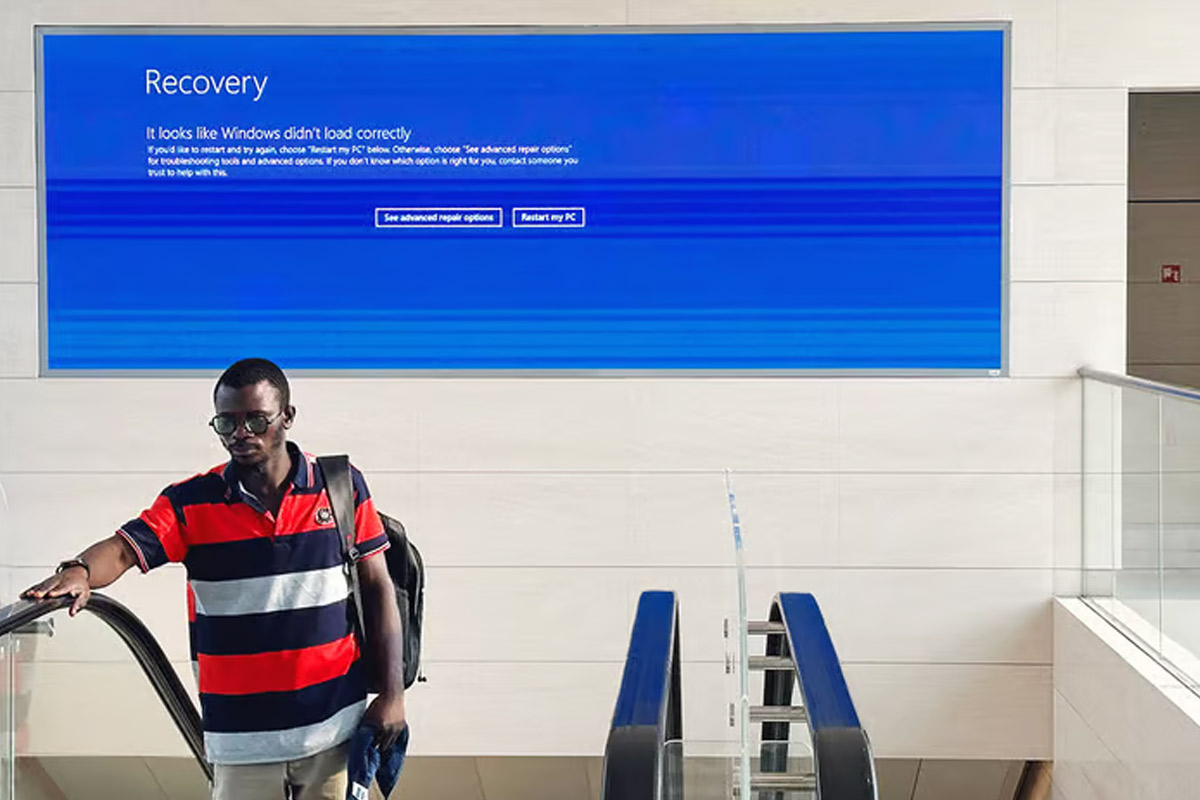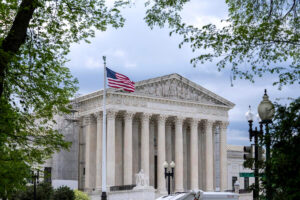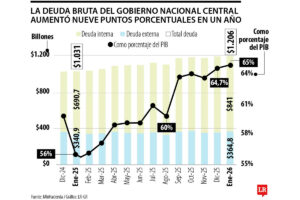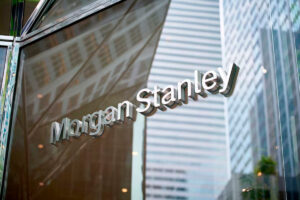The fallout from a botched software update by CrowdStrike, which on July 19th triggered one of the biggest-ever it outages, continued to disrupt firms around the world. By knocking out equipment relying on Microsoft Windows, the malfunction caused thousands of flights to be cancelled, hospital operations to be delayed and banks to temporarily cease trading. Some businesses may take weeks to recover. Insurers are preparing for losses stretching into the billions.
Aviation firms faced plenty of other woes, too. The owner of British Airways now seems unlikely to complete a takeover of Air Europa, after eu officials said it had done too little to assuage concerns that the deal would hurt competition. Ryanair’s chief executive said that he expected a fall in fares seen during the spring to be sustained into the summer. At the Farnborough Airshow, an industry jamboree, executives lamented a shortage of Airbus and Boeing planes.
Alphabet reported revenues of $84.7bn for the three months to June, 14% higher than for the equivalent period in 2023. Advertising revenue rose by 11%, allaying concerns that alternative ai services such as Chatgpt will soon eat into its profits. Nevertheless, its share price still dropped by 5% over the following trading session, as part of a broad sell-off of big tech stocks.
Netflix also had a good quarter, reporting that earnings per share had risen by 48% compared with the same period last year. The streaming service added 8m new subscribers in the three months to June, which saw the release of blockbuster hits such as “Baby Reindeer” and the third series of “Bridgerton”.
By contrast, quarterly profits at Tesla were a disappointment. Its net income fell to $1.5bn, far short of the $1.9bn that analysts had expected. Revenues rose, but by far less than operating costs did. Tesla will also delay the launch of a fleet of self-driving taxis. By the end of the day its share price had fallen by 12%.
Carat and stick
Share prices for sellers of luxury goods also took a tumble on July 24th. Those of lvmh, Prada and Kering (which owns Gucci) all dropped by around 5%. Investors worried about faltering demand from Chinese consumers as the economy continues to cool. Many have been forced to roll out hefty discounts in Chinese stores.
Deutsche Bank announced it would stop buying back its shares for the remainder of the year, after spending €1.6bn ($1.7bn) on litigation during the second quarter.
Over the same period, the equity-trading arm of bnp Paribas shot the lights out. Revenues rose by 58% year-on-year, while the bank’s overall net profit crept up by 1.6%. The traders benefited from high volatility around elections in Europe, plus an interest-rate cut from the European Central Bank.
India’s government unveiled its first budget since the ruling Bharatiya Janata Party lost its parliamentary majority in June. It included $24bn of new spending on job-creating measures, including contributions to new employees’ wages, internship schemes and training programmes for women. Agriculture and related sectors will receive $18bn. The cost will be met, in part, by higher capital-gains taxes.
Ukraine struck a deal to cut the face value of $20bn of debt to bondholders by around a third, clearing the path to a formal restructuring in the near future. The deal was endorsed by America, Britain and the imf, from which Ukraine can now seek additional bailouts.
The British pound reached its strongest level since the vote to leave the eu in 2016, as measured against a trade-weighted basket of its peers. Its gains have been fuelled by faster growth than was expected, delayed interest-rate cuts and the perceived stability of Britain’s new Labour government.
Prime that pump
The People’s Bank of China surprised markets by cutting several of its benchmark short- and long-term lending rates by 0.1 percentage points. Days later it cut its medium-term rate by 0.2 percentage points.
The Bank of Canada lowered its policy rate from 4.75% to 4.5%, its second consecutive quarter-point cut, having been the first g7 central bank to reduce rates in this cycle. Inflation stood at 2.7% in the year to June, but officials seem to believe that sluggish growth will cool it further.
America’s Securities and Exchange Commission approved the first batch of exchange-traded funds that are permitted to invest in ether, the world’s second-biggest cryptocurrency. It is an alternative to bitcoin, which saw its first sec-approved etfs launched earlier this year.
Información extraída de: https://www.greenpeace.org/colombia/blog/issues/contaminacion/el-largo-camino-de-los-residuos-urbanos-mal-gestionados-cuando-la-basura-llega-a-rios-y-mares/







